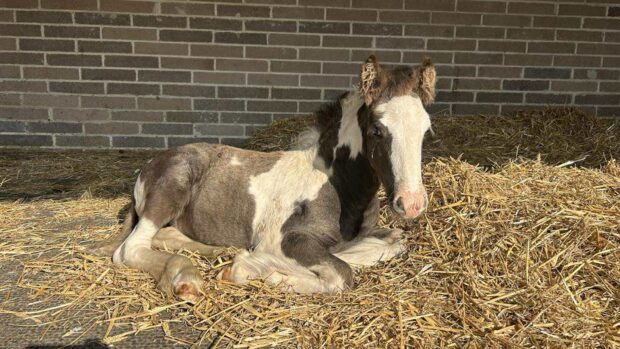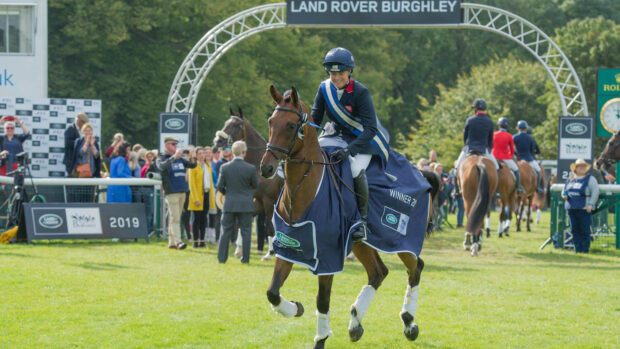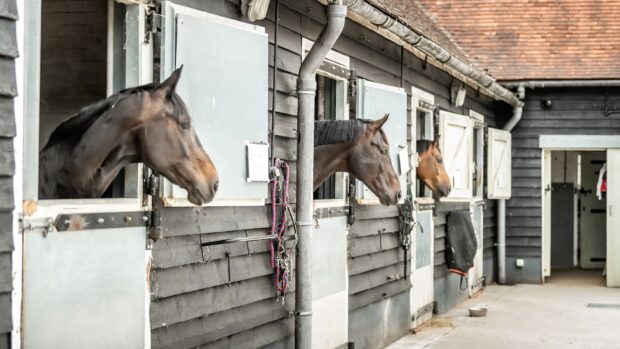An estimated 50,000 horses “disappeared” from across Europe during the 2013 horsemeat scandal, according to a leading professor.
Professor Chris Elliott was appointed by the UK government to investigate the horsemeat scandal and food fraud.
His report — the Elliott Review into the Integrity and Assurance of Food Supply Networks — was published in 2014.
He has now warned that the UK is still at risk of another similar scandal unless it is taken seriously by authorities and police.
Prof Elliott gave the warning at the 2015 Fighting Food Fraud conference held at Doncaster racecourse on 17 September.
| Related articles |
“2013 was a wake-up call for the UK,” he said. “With organised gangs becoming attracted in to food fraud, we must act now to prevent public health threats.
“The idea that 50,000 horses could just disappear may seem incredible to some, but the scale at which some of these gangs can operate is huge.
“Wherever there is money to be made — and the sums involved in food fraud are in the billions — criminals will find a way.”
He added that up to 50,000 horses “disappeared” during the financial meltdown that started in 2008 and it is “probable” that a lot of these ended up in our food supply system.
This further warning follows the news last year that seven countries in the European Union were still mislabeling meat (news, 21 August 2014).
H&H also reported earlier this year (news, 16 July) on what has been done since the scandal to prevent it from happening again.
Developments include the establishment of a national food crime unit by the Food Standards Agency (FSA), which Prof Elliott has described as a “good first step”.
“Having spoken to its head, Andy Morling, I am hopeful that we can begin to tackle the issue and better protect the public,” Prof Elliott added.
“The only way we can succeed is for everyone, from farmers and producers to retailers and the authorities, to work together to improve the tracking and auditing of our food supply chain.”
The conference was hosted by the Highfield Awarding Body for Compliance (HABAC).
Prof Elliott is also director of the institute for global food security at Queen’s University Belfast.
World Horse Welfare’s chief executive Roly Owers told H&H that the charity warned at the time that a key driver of the scandal was the “murky trade” in horses, ponies and donkeys of low financial value across Europe.
“Professor Elliott makes some highly relevant comments — although if the 2013 horsemeat scandal really was a ‘wake-up’ call then we seem remarkably reticent at taking action as a result,” he said.
“To help combat this trade we urgently need a functional and robustly enforced equine identification system across Europe, which provides a clear link between horse and owner, and also proper risk based checks of horses being transported across country borders.
“Until these issues are addressed Europe remains vulnerable to a similar scandal erupting and horses will remain vulnerable to abuse.”




